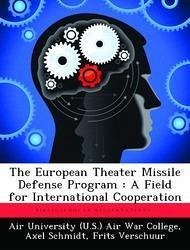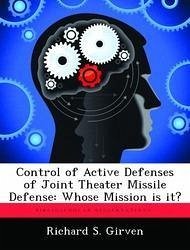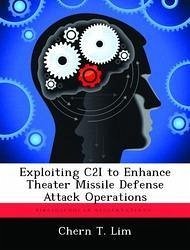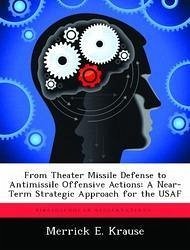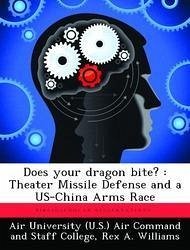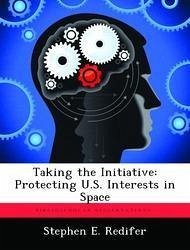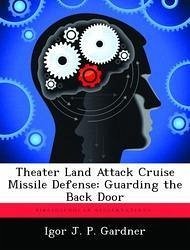Nicht lieferbar
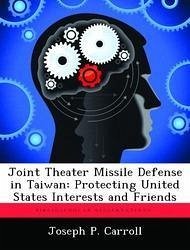
Joint Theater Missile Defense in Taiwan: Protecting United States Interests and Friends
Versandkostenfrei!
Nicht lieferbar
The debate of whether the US should deploy Joint Theater Missile Defense (JTMD) to defend deployed troops and interests in East Asia has come to a close. The National Security Strategy of the United States of America outlines how this type of defensive deterrent is necessary to protect national interests and facilitate alliance responsibilities. With respect to Taiwan, the US has a codified requirement under the Taiwan Relations Act of 1979 to provide defense articles, as well as a national interest in defending the island's independence. These responsibilities are complicated as China continu...
The debate of whether the US should deploy Joint Theater Missile Defense (JTMD) to defend deployed troops and interests in East Asia has come to a close. The National Security Strategy of the United States of America outlines how this type of defensive deterrent is necessary to protect national interests and facilitate alliance responsibilities. With respect to Taiwan, the US has a codified requirement under the Taiwan Relations Act of 1979 to provide defense articles, as well as a national interest in defending the island's independence. These responsibilities are complicated as China continues to deploy a robust arsenal of ballistic missiles targeted on Taiwan. Thus, the primary research question is: Should the US provide JTMD support to Taiwan? Three sets of studies by prominent think tanks are used to conduct a thorough meta-analysis of these issues to develop conclusions and implications for US policy. This work concludes that the US should come to the aid of Taiwan if necessary, but should not seek to include Taiwan in an interoperable JTMD architecture. Additionally, the US should reevaluate JTMD arms sales to Taiwan to include the sale of attack operations capability, as necessary, to counter the Chinese threat.




